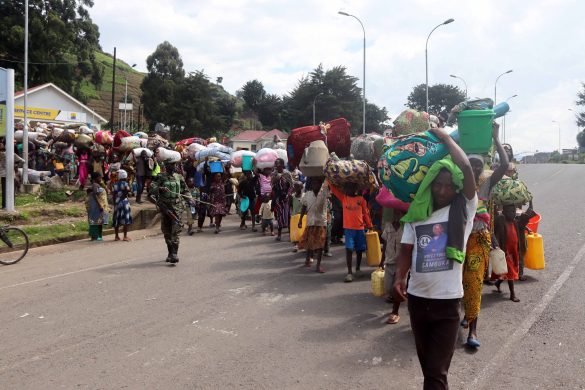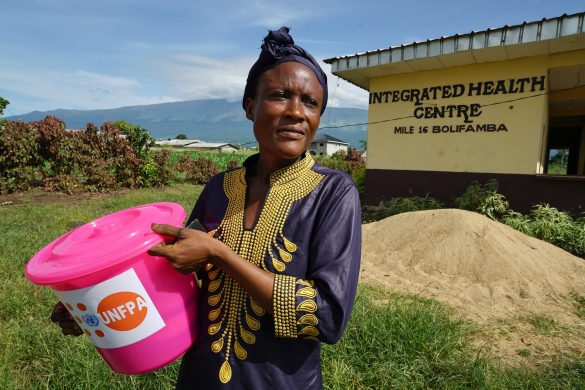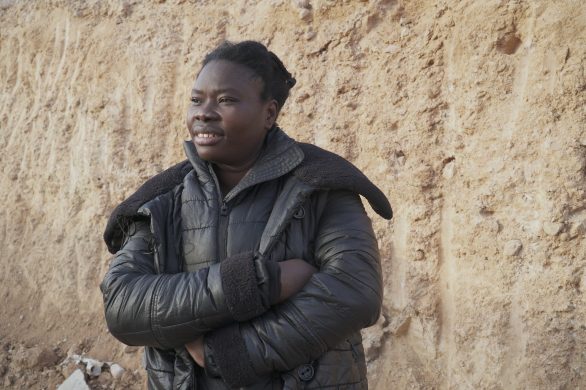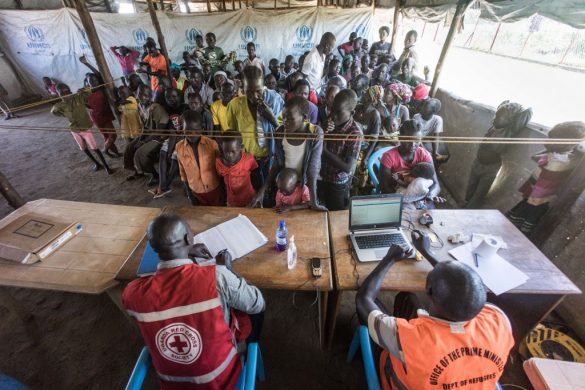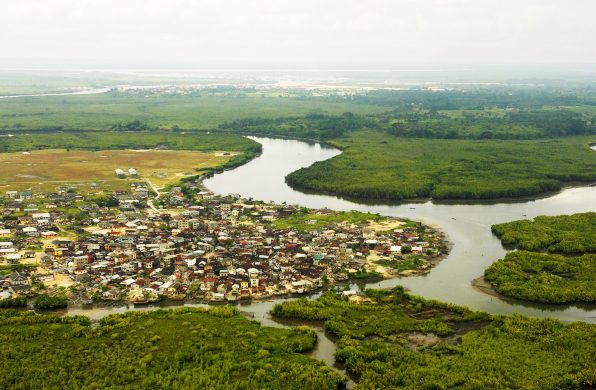Det oplyses i en artikel i FERN’s seneste nyhedsrev.
FERN er en organisation, der arbejder med skov og skovbevarelse, særligt med fokus på EU-politik på området.
The recent adoption of Cameroon’s 2016 finance law, which defines the annual budget, has once again thwarted the hopes of forest communities. The new law fails to reintroduce the 10 per cent of community forest revenues that had been cancelled by law in 2014.
For the second year running, forest communities are to be deprived of annual forest revenues (redevances forestières annuelles – RFA), despite the fact that both the Cameroonian Forest Law and Cameroon’s Voluntary Partnership Agreement (VPA) with the EU foresee sharing a portion of the profits of forest exploitation with the communities concerned.
Currently benefits are shared with the administrative communes instead of communities, which can make vulnerable groups, including women, who depend on forests for their livelihoods even poorer.
NGOs and traditional leaders are strongly opposed to the current system and have asked in apetition – already signed by more than 2,000 people – to redirect 10 per cent of annual forest revenues toward communities without delay.
The EU should take note that the absence of benefit-sharing provisions for communities violates the VPA and hence would render exports illegal.








